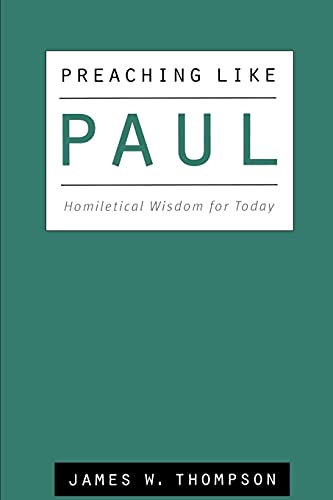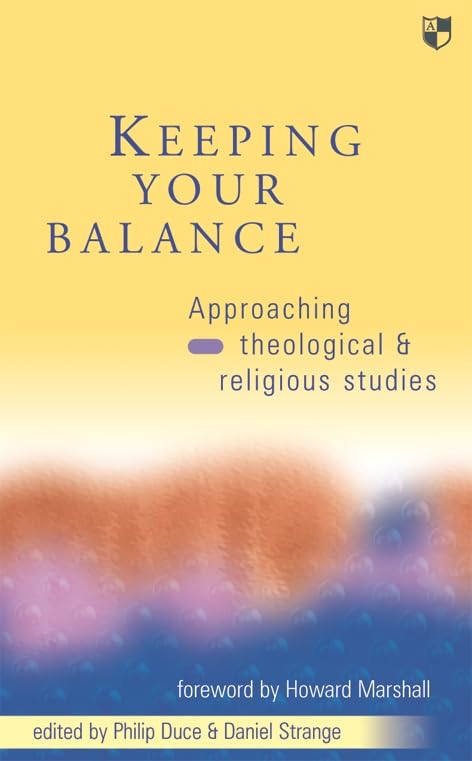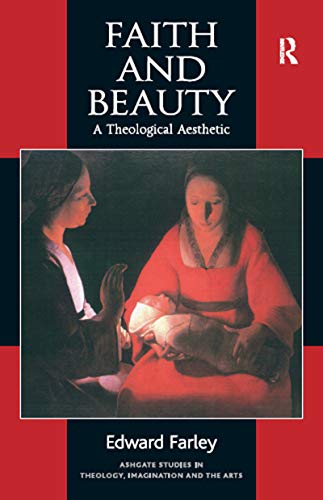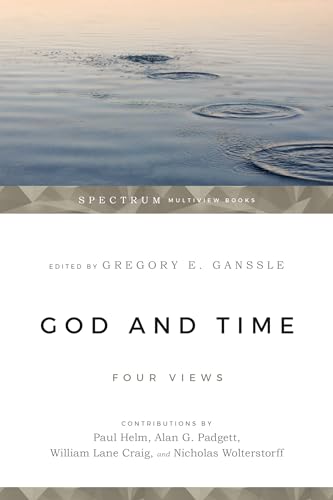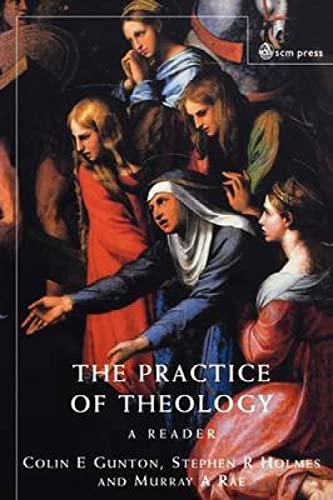FAITH TO FAITH: CHRISTIANITY AND ISLAM IN DIALOGUE
Written by Chawkat Moucarry Reviewed By Martin WhittinghamBuy this book if you need a clear, accurate yet accessible summary of the issues which both Christians and Muslims need to consider regarding each other’s faiths. Moucarry is a Syrian Christian lecturer in Islamic Studies at All Nations Christian College. In his book he aims to present an informed comparison of the two faiths, based on clear presentation of Christian views combined with careful attention to Muslim sources. As the Introduction states:
Mission carried out without a dialogical approach is irrelevant, patronising, and perhaps harmful; dialogue without a missionary perspective is an academic exercise, likely to be superficial and complacent (20).
Faith to Faith comprises five main parts, each of which is further divided into chapters. The five parts are: ‘The Scriptures’, ‘Key Doctrines’, ‘Jesus Christ’, ‘Muhammad’, and finally ‘Contemporary Issues’, which addresses the questions of Israel and Palestine (ch. 23) and loving the immigrant (ch. 24). A conclusion is followed by two appendices. The first of these provides a brief summary of the lives of nine important Muslim thinkers, the second, a time-line of Muslim-Christian relations. Moucarry aims to present the teaching of the Bible as understood by ‘mainstream Christians, more specifically evangelical Christians’ and to present the Qur’anic message as understood by Sunni Muslims (17).
While never polemical, Moucarry is not afraid to tackle the prominent questions which divine Muslims and Christians. For example, chapters 2–5 deal carefully with the issue of the reliability of the biblical text, exploring the diversity of Muslim writings on this topic. Chapter 15 asks, ‘Is Jesus the Son of God?’, but does so after other chapters on Jesus have helped to prepare the ground for such a discussion.
This work possesses several obvious strengths, notably the author’s familiarity with a range of Islamic sources written in Arabic. He draws frequently on a famous work of classical Islamic scholarship, al-Tafsir al-kabir (‘The Great Commentary’) by Fakhr al-Din al-Razi (d. 1209). This Qur’anic commentary discusses many issues relevant to Moucarry’s study, and its prominent place in Faith to Faith represents an effective compromise between either generalising about alleged ‘Muslim views’, or else confusing the reader by introducing a plethora of sources into what is a handbook rather than a highly technical study. Moucarry’s familiarity with Arabic sources helps him to describe Muslim stances with a measured and accurate approach, and to point out diversity where it might be thought that there is only one ‘Muslim view’.
A further strength is the clarity of presentation, evident in style and structure, and also in the effort to ensure that significant statements are supported by a relevant quotation from the Qur’an or the Bible, with a clear reference given in the main text. However, the Qur’an is not the limit of the Muslim’s horizon, nor of Moucarry’s, and he draws on hadiths (traditions of the Prophet) which further enhance his arguments.
Few books are entirely without blemish, and the occasional puzzling statement occurs. For example, Moucarry comments that
Far from being a middle-of-the-road religion, adapted to human weakness as Islam claims to be, Christianity points us to the One who can set us free from the prison of our sin (123–24).
‘Middle-of-the-road’ probably sounds more critical than Moucarry intends here, but exemplifies the occasional tendency to criticise Islam for not being Christianity. An issue of interest to the specialist is Moucarry’s use of a work entitled al-Radd al-jamil (‘The Excellent Refutation’) in his chapter on ‘Islamic Interpretations of Jesus’ Claims’ (ch. 17). He attributes this to the famous Muslim scholar Abu Hamid al-Ghazali (d. 1111). He acknowledges elsewhere (70, n. 1), that the attribution of this work to al-Ghazali is disputed, and is clearly aware of the literature on this subject, but in my view this literature shows that it is extremely unlikely that this towering figure in Muslim scholarship authored a work which engages with Christian ideas in the detail found in al-Radd al-jamil.
Faith to Faith succeeds in bringing clarity to a large number of the most pertinent theological issues which are, or should be, exercising those Muslims and Christians who are aware of each other’s beliefs. There is a balance of critique and tolerance, since, in Moucarry’s definition (20):
True tolerance is to accept the other, not by ignoring the distance between us, but by measuring that distance accurately and by recognising that whoever wants to cross over has the right and freedom to do so.
Martin Whittingham
Edinburgh Centre for Muslim-Christian Studies



